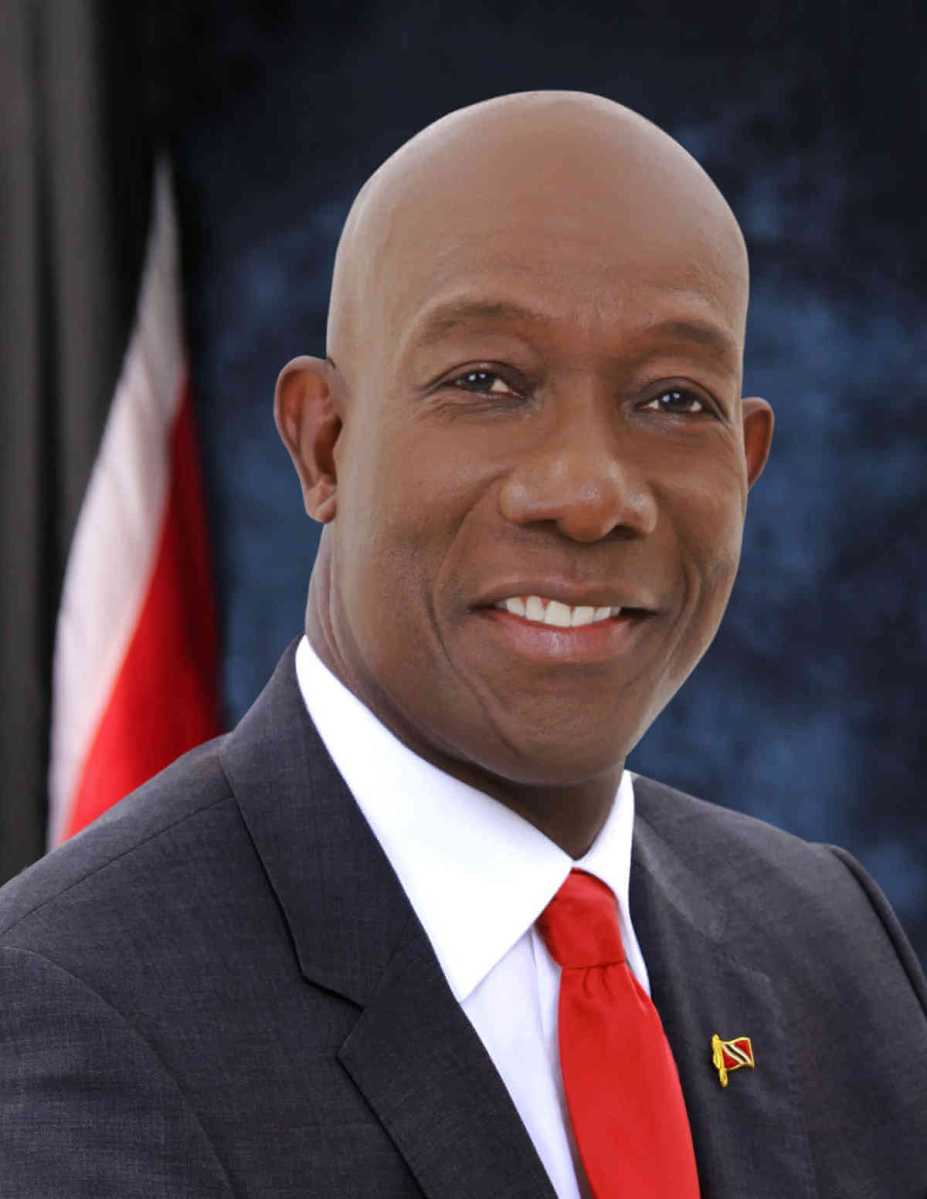Despite threats of street protests and a spike in crime, authorities in Trinidad have nevertheless imposed a six month ban on scrap iron and copper exports in the wake of some devastating acts of vandalism, mostly against private and state utility corporations.
And while the ban is in place until early next year, those interested in exporting the metals from the twin-island republic with Tobago, will have to comply with a series of new vetting measures including formal applications to the trade ministry for permits to operate in the industry.
The ban comes in the wake of some nationally frustrating acts of vandalism against mobile and fixed line telephone companies, electricity firms and other installations as vendors used any means to supply dealers with materials. These include cutting fiber optic and copper cables and stealing anything with ferrous and non ferrous properties. Authorities now say that enough is enough as the acts of vandalism have left thousands in various communities without power, landline and internet services among other woes.
“It is a regrettable step that has been taken but it is a step that has been recognized that it has been affecting the livelihoods of ordinary people,” Attorney General Reginald Armour told reporters late Tuesday. “What we have been experiencing in Trinidad and Tobago for the last, I think, four months, has been an escalation of an unlawful activity, a series of activities in the field of what used to be and we expect and hope will continue to be, a legitimate and important industry in this country.”
Police have made several arrests of vandals in recent months while people in some southern villages in Trinidad say they have been forced to set up vigilante groups to protect state and private utility property in order to prevent vandals from cutting cables and removing pieces of key equipment. Police were only last week forced to rescue a band of such thieves after they were apprehended and severely beaten by villagers while in the act of stealing.
The situation had become so dire that defense force ranks were ordered to run patrols of state utilities while authorities offered a $17,000 reward for information leading to the arrest of vandals.
The dealers association had last week appealed to officials not to impose the ban as many of its suppliers were ex-convicts eking out a living from landfill sites. The fear is that these would have to return to crime in order to service. Cabinet has, however, ignored such warnings citing the millions needed to repair damaged installations. AG Armour says the thefts are crippling the country.
“Part of what my ministry will be doing in the next three to six months is to review all of this legislation. We are looking at comparable legislation not in just Trinidad and Tobago, this old legislation, but in Barbados, Guyana, Jamaica and in the United Kingdom and the United States of America, to bring the 1904 and 1958 legislation which currently regulates this industry into the 21st century, so as to ensure persons who are then apprehended under that legislation will be met with much more serious penalties,” he said.
Local media reported this week that there were 58 reports of major scrap iron theft in 2020 with 30 arrests, but by August of this year that figure had climbed to 162 with more than 130 arrests.



























